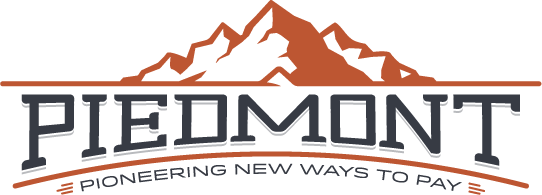Four Reasons Why Split Direct Deposit is Better than Payroll Deduction
For those that are not familiar with Split Direct Deposit, it is simply a different version of payroll deduction that changes the “destination of the deduction” from the employer’s checking account to the policyholder’s Piedmont holding account awaiting payment of the bill. Below are the top four reasons this model works much more effectively than traditional payroll deduction. And these distinctions are more important than ever given the current economic environment disrupting payroll deduction.
- The billing process to the Employer is eliminated: The employer doesn’t collect or remit funds and doesn’t receive or reconcile a bill. In a recent study, 53% of VB account defections cited “billing issues” as the primary reason for dropping coverage. No billing issues translates into increased persistency and more effective competitive insulation. No bill to the employer equals happiness for everyone.
- Immediate notification of no-pay or short-pay: In payroll deduction, the knowledge gap from missed payment to carrier awareness is two months. Let’s say a policyholder stops deducting on April 3rd. The April bill goes out from the carrier on May 5th…and the bill is paid by the grace period on May 30th. By the time the carrier/agent/broker are aware of a missed deduction, sixty days have passed and the policyholder is two months in payment arrears; not likely to be saved. With Split Direct Deposit, the policyholder and agents would have been alerted of the missed (or short) payment the very next day – even in the middle of a billing cycle! Split direct deposit shortens the knowledge gap from two months to two days – and gives you the knowledge needed to conserve your business. So if you had your book of business on split direct deposit, you would already know exactly which policyholders were being affected by the national shutdowns so you could move them to EFT before they are two months in arrears.
- Employer cannot withhold deductions from carrier: All too often, employers make the deductions on behalf of employees and (especially in times of economic stress) make the unilateral decision to defer or even not pay the bill. Split direct deposit takes away the ability for employers to withhiold the funds since the deduction are immediately deposited into the policyholder’s personal account outside of the employer. Never again will you have to worry if the employer will pay the bill late or at all. Split direct deposit pays the carriers with a 99% on-time efficiency as opposed to 49% of the time for payroll deduction – even in good times.
- Allows for easy conversion to EFT if needed: Today, payroll deduction is being disrupted in an unprecedented way and split direct deposit allows for an easy switch to EFT if the situations fits. The policyholder already has a premium deposit account, they just simply change the source of funds from their direct deposit to a bank account or credit card. The U.S. government just announced direct relief of up to $1,200 per adult to compensate for missed wages…and that’s great news! But, this cash will be deposited into Americans bank accounts; not into their employer’s payroll system. So the money cannot be used to continue to pay for payroll deducted premium, but it can be used for an EFT payment. And some of these coverages such as short-term disablity and hospital plans are more important than ever right now.
No billing issues, immediate notification of missed or short payments, eliminating the employer payment risk, and the quick ability to convert to EFT for payment makes split direct deposit a model for the future. And all the process requires is a simple change in the “destination of the deduction”. Works perfectly with phone enrollments, virtual benefit consultations and informational meetings.

